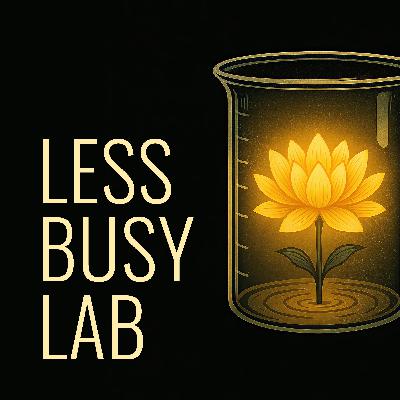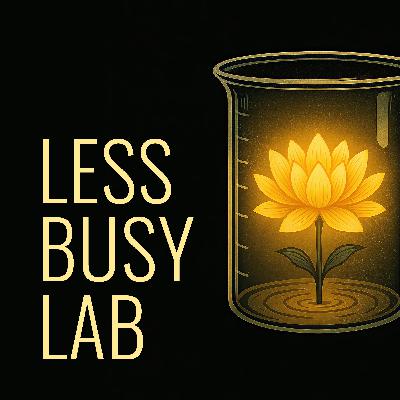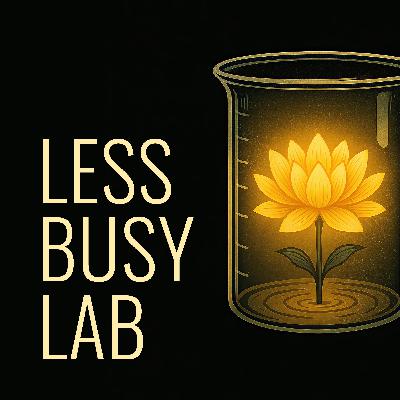
Less Busy Lab
Author: Aye Moah & Alex Moore
Subscribed: 4Played: 39Description
Less Busy Lab is the productivity podcast for people who want to get the right things done and still feel calm when the laptop closes.
Moah & Alex met at MIT and later went on to build Boomerang, the multi-million-dollar productivity suite used by millions while amassing more than a dozen patents on productivity technology.
After fifteen years of leading an efficient team that consistently out-performs its size without burning out, they’ve learned that real productivity isn’t a single system or a 4am morning routine. Alongside parenting two energetic kids together, they continue to hack on their own productivity and enjoy reading research papers with a glass of wine after the kids go to bed.
In each episode, they unpack the research behind focus, overwhelm, habit change, task management, and procrastination while sharing honest stories of the methods they’ve tried—what stuck, what flopped, and why. You’ll leave with practical, actionable tips to discover your own “productivity persona,” lift team performance, and feel less busy while getting more done.
If you’re looking for thoughtful guidance on getting the right things done faster while feeling less busy, you’ll feel at home here.







